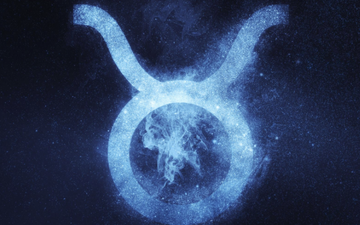
Anemia affects your red blood cells and hemoglobin. Hemoglobin is the protein in red blood cells that carries oxygen from the lungs to all tissues and organs in the body. Anemia has several possible causes, one of which is also periods with a lot of bleeding.
What is anemia?
Anemia is the most common blood disorder worldwide. It can be a temporary or long-term condition, and symptoms can vary depending on the type of anemia you have and how severe it is. If you have anemia, you do not have enough red blood cells and hemoglobin to carry the oxygen you need to all the tissues and organs in your body.
Hemoglobin is a protein produced by the bone marrow and stored in red blood cells. Its job is to transport oxygen from your lungs to every part of your body through blood vessels.
Anemia usually has three main causes:
- blood loss
- insufficient production of red blood cells
- a high rate of red blood cell destruction
The most common type of anemia is iron deficiency anemia, which can develop if you do not have enough iron in your body. Iron you need to make hemoglobin. Iron deficiency anemia is more common in women than in men. Risk factors for iron deficiency anemia in women include:
- severe periods
- pregnancy
- a diet very low in iron, vitamin B12 and folate
- health conditions such as chronic condition and genetic diseases
How can anemia cause your menstruation?
Severe periods, also known as "menorrhagia", affect 1 in 5 each year (US data). When you lose a lot of blood during the menstrual cycle, you may end up losing more red blood cells than your body can produce. This can reduce the amount of iron in the body. As a result, the body will have a harder time making the hemoglobin that, as we said, is needed to carry oxygen throughout your body.
Then how do you know if you have heavy menstrual bleeding? Symptoms of heavy periods include:
- You need to change tampons (or mattress sheets) very often and quickly.
- Sometimes you need double protection or wear two pairs of underwear for more security.
- Change the tampons at night.
- The cycle lasts you 7 days or more.
- Blood clots.
- During the cycle, you feel very weak and tired.
- You are not able to do things that you would normally do.
However, anemia from heavy menstrual bleeding depends on many factors, including your diet and general health. Getting enough iron and other nutrients in your diet can help prevent iron deficiency anemia.
If you have low levels of iron and hemoglobin in your blood, you may notice the following symptoms:
- fatigue
- weakness
- shortness
of breath - pale or yellow skin
- dizziness
- headache
What causes heavy periods?
Severe periods can be caused by imbalance in hormone levels, especially progesterone and estrogen. Other causes include: uterine fibroids, endometriosis, ovulation problems, certain medications, etc.
You should see a doctor if:
-You feel weak, tired and dizzy during the cycle.
- You need to change or limit your daily activities due to periods, fatigue from them.
- Often, periods last you longer than 7 days, as well as the aforementioned signs of "heavy periods".
The chances of treating iron deficiency anemia from periods depend on the cause of the heavy bleeding. The best way to prevent iron deficiency anemia is to pay attention to your diet. In particular, try to eat foods that are good sources of iron, that help absorb iron, limit caffeine, pay attention to calcium pills, and so on.
What else can cause anemia?
There are several different types of anemia, and each can have different causes. Some of the most common causes are: low iron intake, internal bleeding, pregnancy, low levels of vitamin B12, genetics, chronic diseases, etc.
Source: HealthLine





